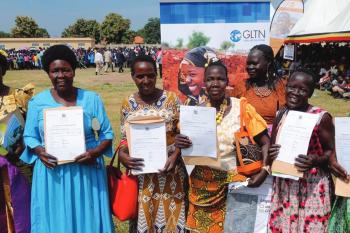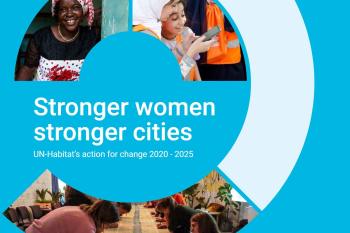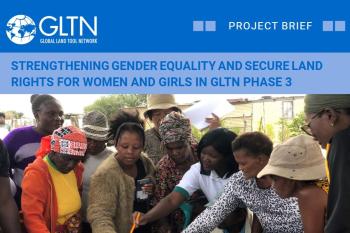
Read More
Gender Strategy for Land-at-Scale Uganda
Women’s Land Rights (WLRs) are fundamental human rights, foundational to gender equality and women’s dignity and instrumental in improving food security, effective climate action, poverty eradicati

Participatory and inclusive land readjustment, or PILaR for short, is a way of reorganizing the ownership of land in and around cities in a pro-poor way. It brings together land parcels belonging to different owners and treats them as a single unit for planning and infrastructure provision. The municipality reserves a portion of the land for roads and other public infrastructure, and returns the rest to the original owners. Each owner gets back a smaller parcel, but it is worth more because it now has road access and other services.
PILaR involves all the stakeholders – landowners, the municipality and residents – in planning and managing this process. Everyone has a say, and everyone benefits. This book describes how to implement PILaR. It guides the reader through the various aspects of this complex process: governance, land management policies, planning and design, collecting and analysing data, engaging with stakeholders, legal issues, finance and communication.
It will be of interest to urban managers, land professionals, landowners, representatives of residents and other stakeholders who are considering or are involved in land readjustment projects.

Women’s Land Rights (WLRs) are fundamental human rights, foundational to gender equality and women’s dignity and instrumental in improving food security, effective climate action, poverty eradicati

This publication presents a summary of UN-Habitat’s gender equality impact over the past five years, in line with the Beijing reporting cycle.

GLTN’s institutional commitment to gender equality and secure land rights for women and girls has been at the core of its work since inception in 2006.